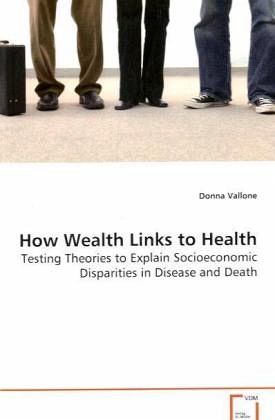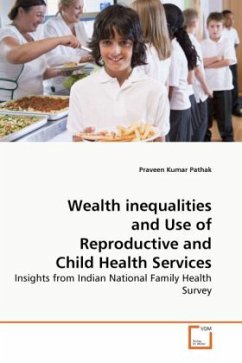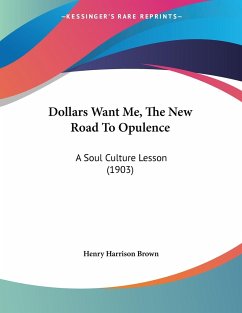
How Wealth Links to Health
Testing Theories to Explain SocioeconomicDisparities in Disease and Death
Versandkostenfrei!
Versandfertig in 6-10 Tagen
39,99 €
inkl. MwSt.

PAYBACK Punkte
20 °P sammeln!
Several hypotheses have been proposed to explain howsocioeconomic status translates into differenthealth outcomes, especially in the context of theindustrialized world. This study sought to examinethe relative merit of two theoretical explanations,Relative Deprivation and Fundamental Cause, as towhether material resources or psychosocialprocesses matter more in mediating the associationsbetween SES, health, and longevity. To test therelative contribution of each perspective, gender-specific prospective cohorts were constructed usingthe Health and Retirement Study (HRS) dataset.Results indicate...
Several hypotheses have been proposed to explain howsocioeconomic status translates into differenthealth outcomes, especially in the context of theindustrialized world. This study sought to examinethe relative merit of two theoretical explanations,Relative Deprivation and Fundamental Cause, as towhether material resources or psychosocialprocesses matter more in mediating the associationsbetween SES, health, and longevity. To test therelative contribution of each perspective, gender-specific prospective cohorts were constructed usingthe Health and Retirement Study (HRS) dataset.Results indicate relative position is not found toact as the primary mechanism through which socialconditions influence health outcomes. Whilehealth-related resource utilization as measured isnot found to mediate the SES-health association,results indicate that resource utilization is linkedto both SES and health outcomes. Further research tooperationalize the proposed mechanisms isrecommended.












